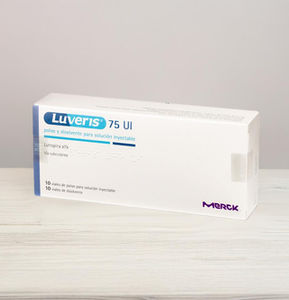

Books on egg donation: How to find emotional support during the process.
Starting an egg donation treatment is a key decision for many women and couples. While doubts often focus on the medical process, it is also essential to manage emotions during this period.


Ovarian reserve: what it is, how it is measured, and why it is important.
Discover what ovarian reserve is, how it is measured, and its impact on female fertility and motherhood, including assisted reproduction solutions.


When a new sibling arrives through assisted reproduction: A new family balance.
When a little sibling arrives after an assisted reproduction process, this revolution brings with it particular emotions, intertwining joy, memories, and some fears.




















Comments